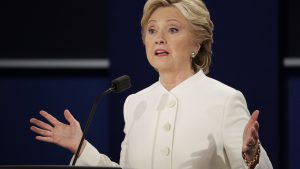 In a CNN article, Phillip Alpers believes there will be stricter gun control laws regardless of who wins the Presidential campaign. This a surprising claim, considering Trump has taken a firm stance on protecting the Second Amendment and has even been supported by the NRA. Throughout the article, Alpers attempts to use other examples like the Road system and public health campaigns to show that overtime gun legislation can change and will eventually save lives. Though Alpers does present evidence, it seems that these examples might be too polar, causing the audience to reject the message.
In a CNN article, Phillip Alpers believes there will be stricter gun control laws regardless of who wins the Presidential campaign. This a surprising claim, considering Trump has taken a firm stance on protecting the Second Amendment and has even been supported by the NRA. Throughout the article, Alpers attempts to use other examples like the Road system and public health campaigns to show that overtime gun legislation can change and will eventually save lives. Though Alpers does present evidence, it seems that these examples might be too polar, causing the audience to reject the message.
Flawed Reasoning – Must be Unified to Succeed
Firstly, Phillip Alpers uses the reasoning that legislation will eventually pass for gun control because other legislation was eventually passed for safer roads, tobacco reduction, and HIV/AIDS. He stated, “Other US-led successful public health campaigns…saved countless…lives, all in the face of years of denial and quasi-religious opposition from self-interested groups.” Though there are laws, like texting and driving, that have been enacted to prevent car accidents, it doesn’t necessarily mean that there will be laws enacted on gun control. Most people believe texting and driving is bad and should be stopped to ensure the safety of Americans; however, people have strict stances on gun control. Where there is a unified agreement on reducing tobacco and HIV/AIDS, there is not a unified agreement on gun control. This shows that Alpers’ reasoning is flawed.
Adequate Evidence – Follow in the Footsteps
However, Alpers does use adequate examples with regards to gun violence by referencing the actions of other nations. He stated, “Latin Americans…suffer gun death rates to make your toes curl. For this reason Brazil, Argentina, and Colombia joined Australia…in mounting massive national disarmament and firearm destruction programs, each followed by fewer gun deaths.” This seems to be sufficient evidence because in an article, “A new law banned guns above a .38 caliber…and added qualifications for buying a gun…The country saw a 13 percent reduction in gun deaths between 2003 and 2010.” Alpers urges the United States to follow the global trend and tighten down on firearms.
Alpert presents insufficient evidence about HIV/AIDS but does present a good example of other nations. Regardless of who is the next president, no one can tell if gun control will be enforced. However, in order for gun-related crimes to be controlled, we must have a unified agreement on the issue, and gradually make gun restrictions a norm.



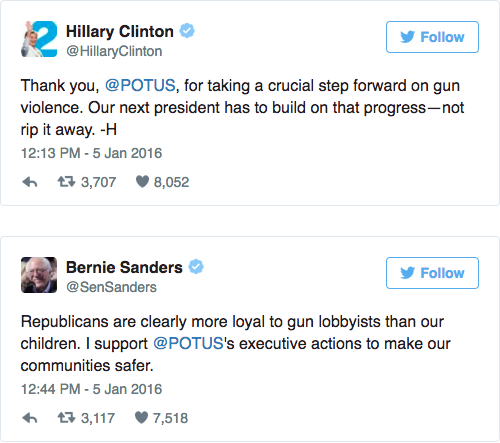
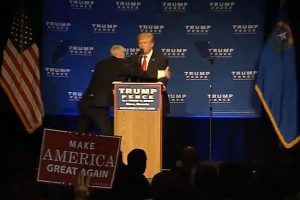
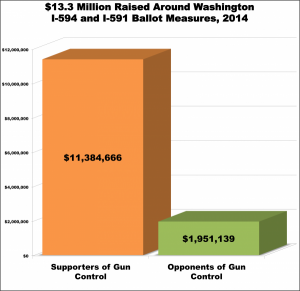
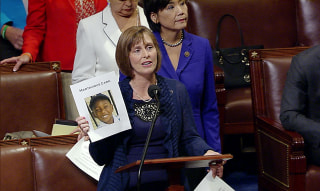 According to an article by
According to an article by 
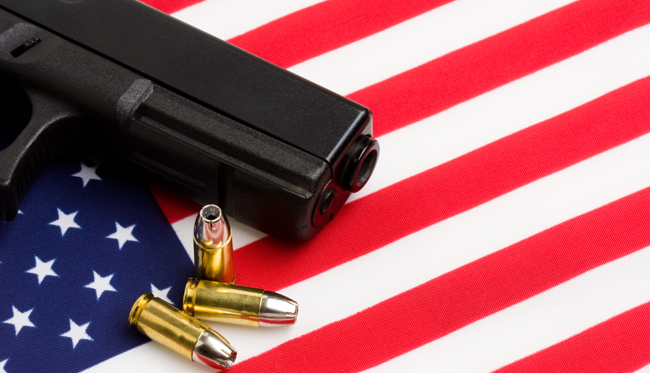
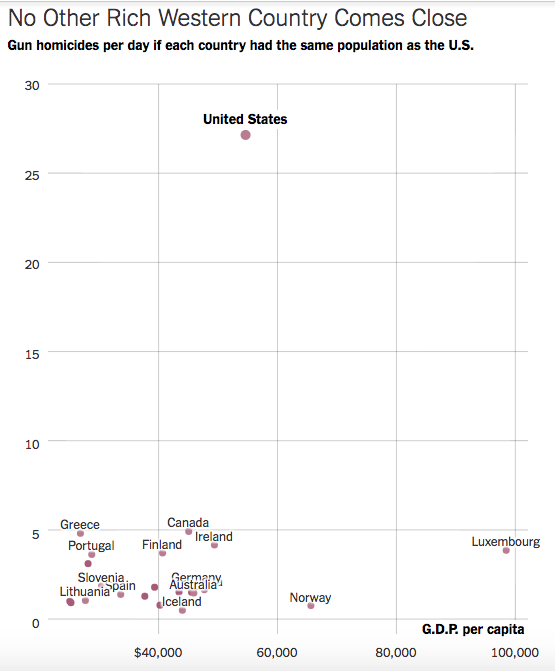
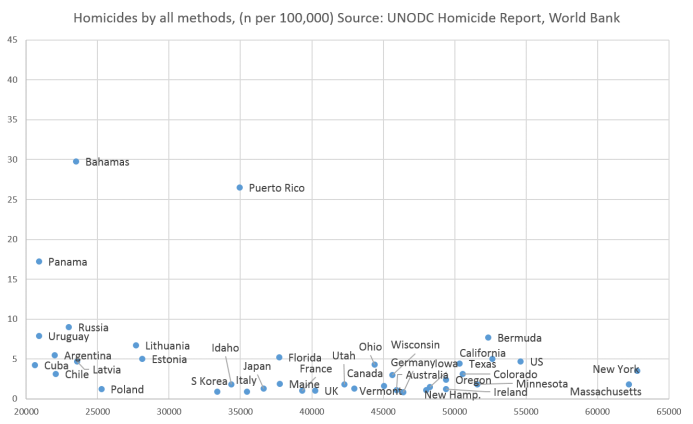
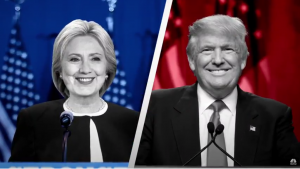
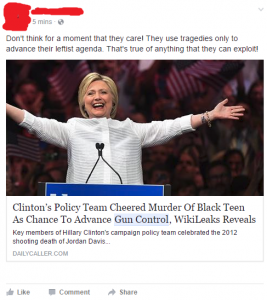
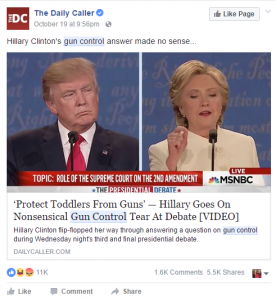
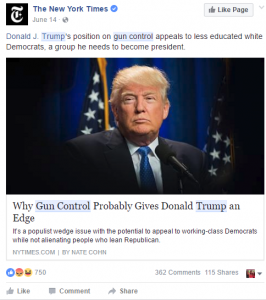
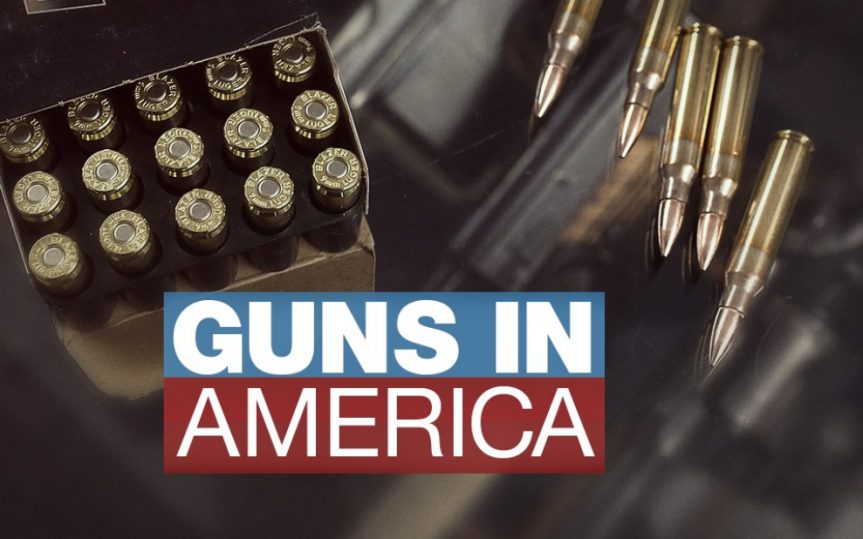

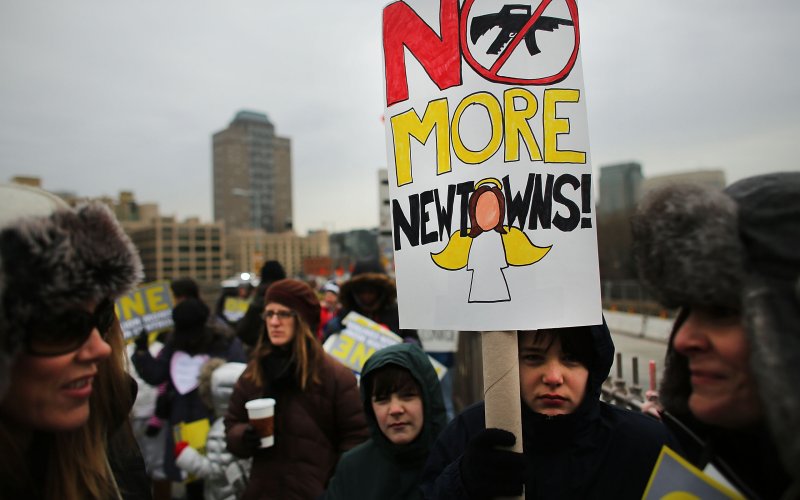
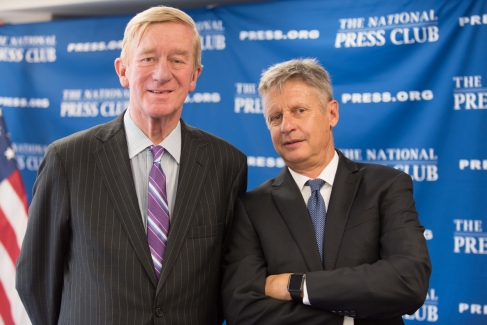 Libertarian candidate, Gary Johnson, has taken a stand on
Libertarian candidate, Gary Johnson, has taken a stand on 
